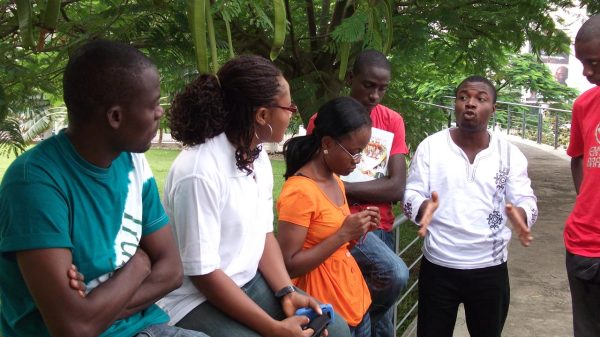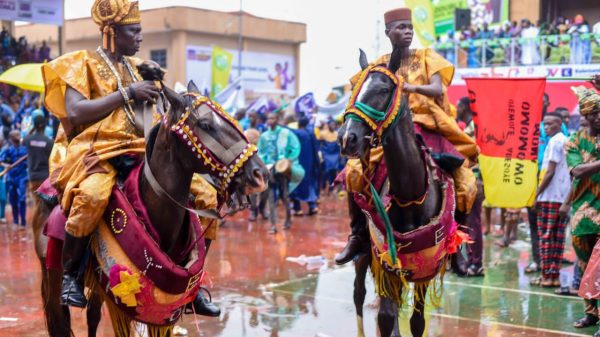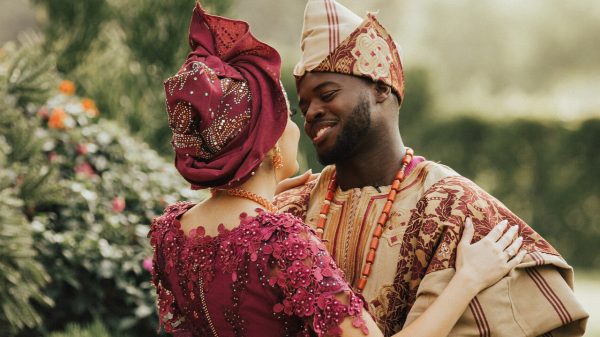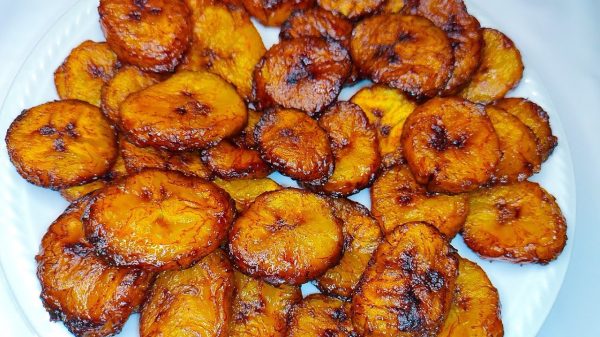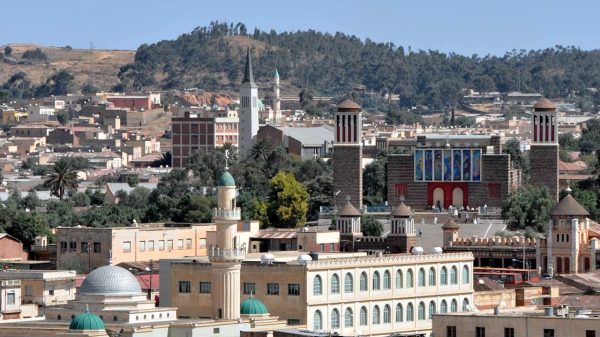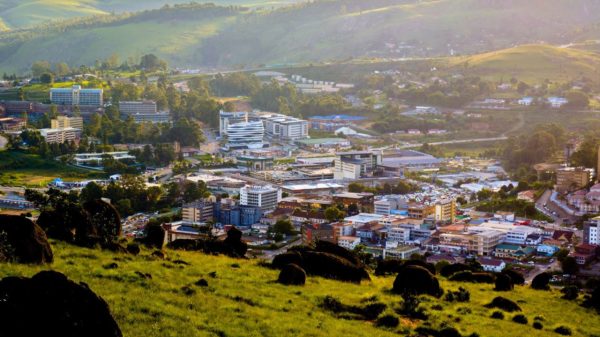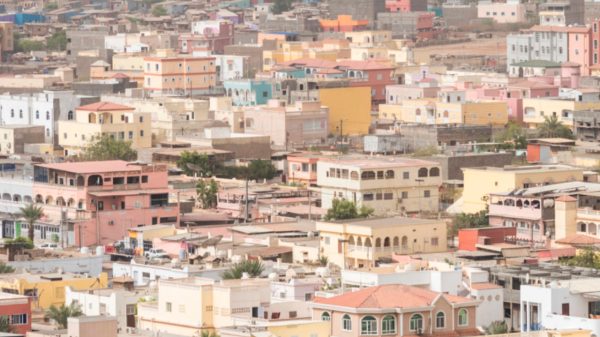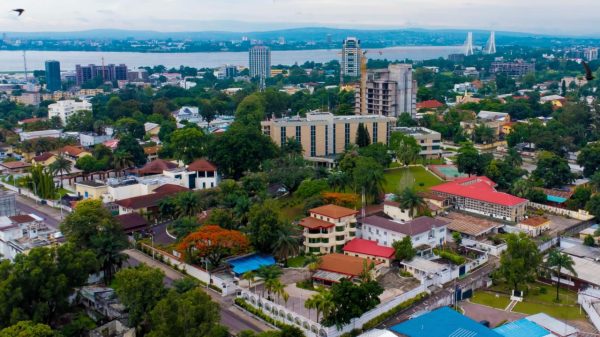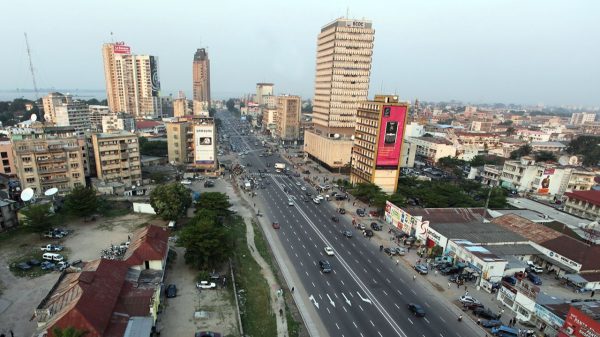South Africa, often dubbed the “Rainbow Nation,” is a land of profound contrasts and rich cultural diversity.
From its complex history of apartheid to its vibrant present, the country offers a tapestry of experiences that captivate both locals and visitors alike. Its landscapes range from arid deserts to lush forests, and its cities pulse with a blend of modernity and tradition. As we delve into some of the most intriguing aspects of South Africa, we’ll uncover the stories and facts that make this nation truly unique.
1. A Multilingual Nation: South Africa’s 11 Official Languages
South Africa stands out globally for its linguistic diversity, officially recognizing 11 languages: Afrikaans, English, isiNdebele, isiXhosa, isiZulu, Sesotho, Setswana, siSwati, Tshivenda, Xitsonga, and South African Sign Language. This multilingual policy reflects the country’s commitment to embracing its diverse cultural heritage. According to the 2022 census, isiZulu is the most spoken first language, accounting for 24.4% of the population, followed by isiXhosa at 16.3%, and Afrikaans at 10.6%. English, while only spoken as a first language by 8.7% of the population, serves as a lingua franca in business, education, and government. This rich tapestry of languages underscores South Africa’s identity as a nation that celebrates and preserves its multifaceted cultural roots.
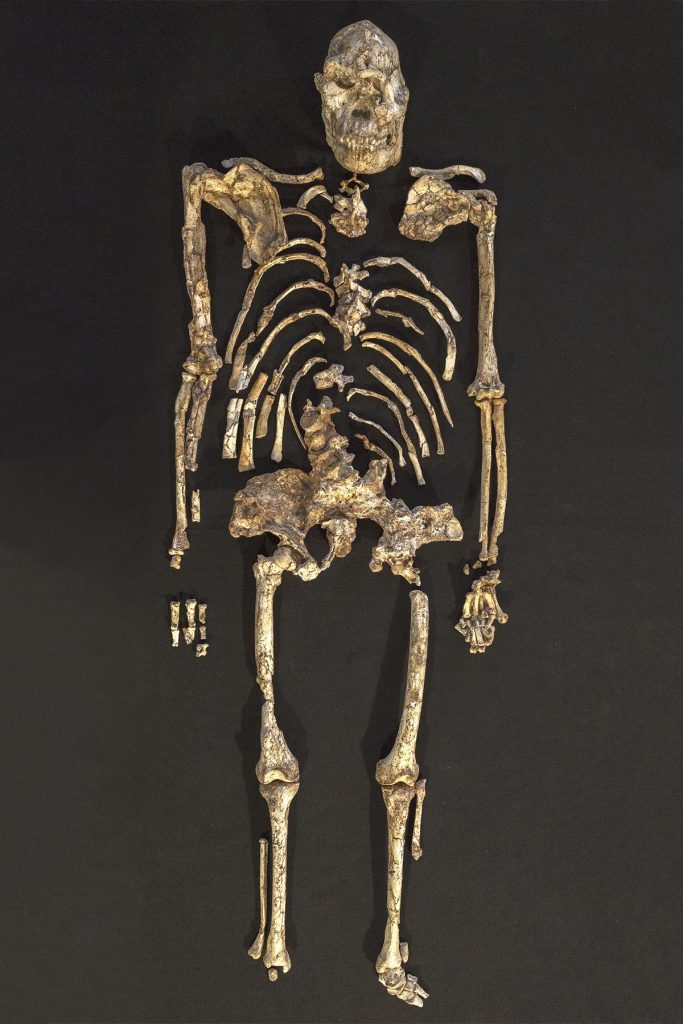
2. The Cradle of Humankind: Unearthing Our Origins
South Africa is home to one of the world’s most significant paleoanthropological sites: the Cradle of Humankind. Located near Johannesburg, this UNESCO World Heritage Site has yielded a wealth of hominin fossils, offering invaluable insights into human evolution. Notable discoveries include “Mrs. Ples,” a 2.1-million-year-old Australopithecus skull, and “Little Foot,” an almost complete Australopithecus skeleton over 3 million years old. These findings have positioned South Africa as a pivotal region in understanding our ancestral past, attracting researchers and tourists eager to explore humanity’s roots.
3. A Tri-Capital System: Distributing Power
Uniquely, South Africa operates with three capital cities, each serving distinct governmental functions. Pretoria, located in Gauteng Province, is the administrative capital and houses the executive branch, including the President’s official residence. Cape Town, in the Western Cape, serves as the legislative capital, hosting the Parliament. Bloemfontein, situated in the Free State, is the judicial capital, home to the Supreme Court of Appeal. This tri-capital arrangement reflects the country’s commitment to balancing power and acknowledging its diverse regions.
4. Biodiversity Hotspot: A Megadiverse Nation
Despite covering only about 2% of Earth’s land surface, South Africa boasts remarkable biodiversity. The country is home to approximately 67,000 animal species and over 20,400 plant species, making it one of the world’s 17 megadiverse countries. Notably, it ranks among the top 10 globally for plant species diversity and third for marine endemism. This rich biodiversity is protected through numerous national parks and reserves, ensuring the preservation of its unique ecosystems for future generations.
5. The Big Five and Beyond: Wildlife Wonders
South Africa offers unparalleled wildlife experiences, being home to the iconic Big Five: lion, leopard, rhinoceros, elephant, and Cape buffalo. Kruger National Park, spanning nearly 20,000 square kilometers, is one of Africa’s largest game reserves and a prime location to observe these majestic animals in their natural habitat. Beyond the Big Five, the country hosts diverse species, including penguins at Boulders Beach, great white sharks off the coast of Gansbaai, and a myriad of bird species, making it a haven for wildlife enthusiasts.
6. A Rich Tapestry of Cultures: The Rainbow Nation
Dubbed the “Rainbow Nation,” South Africa’s cultural diversity is a cornerstone of its national identity. This moniker, popularized by Archbishop Desmond Tutu, encapsulates the country’s blend of African, European, and Asian influences. Traditional music, dance, and art thrive alongside contemporary expressions, reflecting a society that honors its multifaceted heritage. Festivals like the Cape Town International Jazz Festival and the National Arts Festival in Grahamstown celebrate this cultural mosaic, drawing participants and audiences from around the globe.
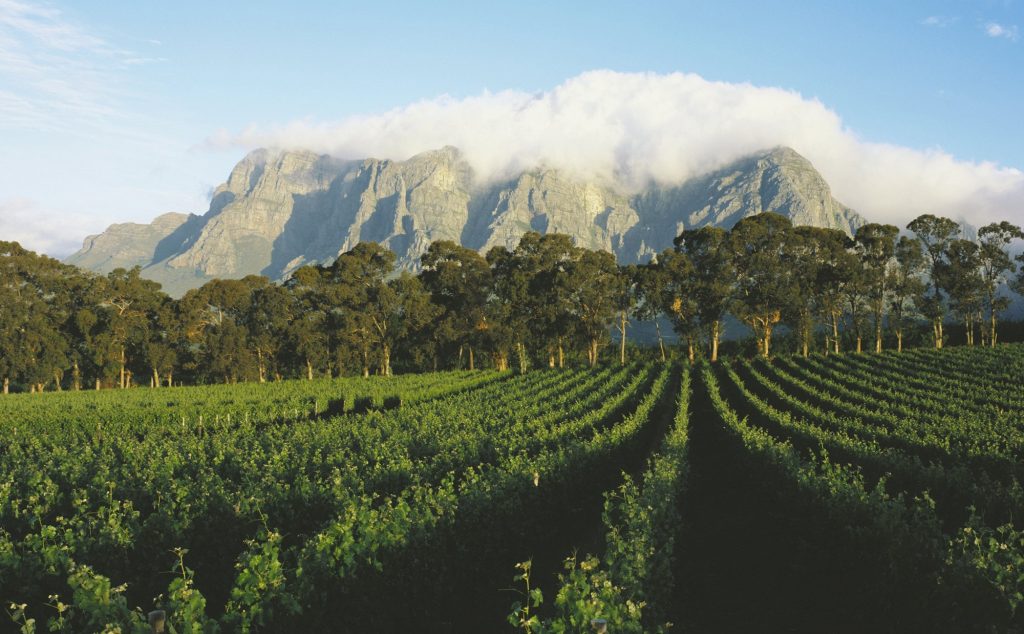
7. Wine Excellence: A Legacy of Viticulture
South Africa’s wine industry, with roots dating back to the 17th century, has evolved into a globally recognized producer of high-quality wines. Regions like Stellenbosch and Franschhoek are renowned for their vineyards, offering a variety of wines that reflect the country’s diverse terroirs. Innovations by a new generation of winemakers have propelled South African wines onto the international stage, emphasizing sustainability and unique flavor profiles. Wine tourism has become a significant contributor to the economy, attracting connoisseurs and casual enthusiasts alike.
8. Mining Marvels: A Wealth of Resources
South Africa’s economy has long been underpinned by its rich mineral resources. The country is the world’s largest producer of platinum and chromium and ranks among the top producers of gold, manganese, and vanadium. The mining sector has not only driven economic growth but also shaped the nation’s infrastructure and labor dynamics. While the industry faces challenges, including environmental concerns and fluctuating commodity prices, it remains a vital component of South Africa’s economic landscape.
9. Sports as a Unifying Force: The 1995 Rugby World Cup
In 1995, South Africa hosted the Rugby World Cup, marking a pivotal moment in its post-apartheid history. President Nelson Mandela saw the event as an opportunity to unite a nation divided by decades of racial segregation. By donning the Springbok jersey—a symbol traditionally associated with the white minority—and presenting the trophy to captain Francois Pienaar, Mandela sent a powerful message of reconciliation and unity. This gesture was more than symbolic; it fostered a sense of national pride and cohesion among South Africans of all backgrounds. The victory against New Zealand, with a score of 15-12, became a defining moment, illustrating the potential of sports to bridge deep societal divides.
10. Hosting the 2010 FIFA World Cup: A Continental First
South Africa made history by becoming the first African nation to host the FIFA World Cup in 2010. The event was not only a sporting milestone but also a significant boost to the country’s global image and economy. Infrastructure developments, including the construction of new stadiums and improvements in transportation, were undertaken to accommodate the influx of international visitors. The tournament showcased South Africa’s ability to host large-scale international events and brought together people from diverse backgrounds to celebrate the universal language of football.
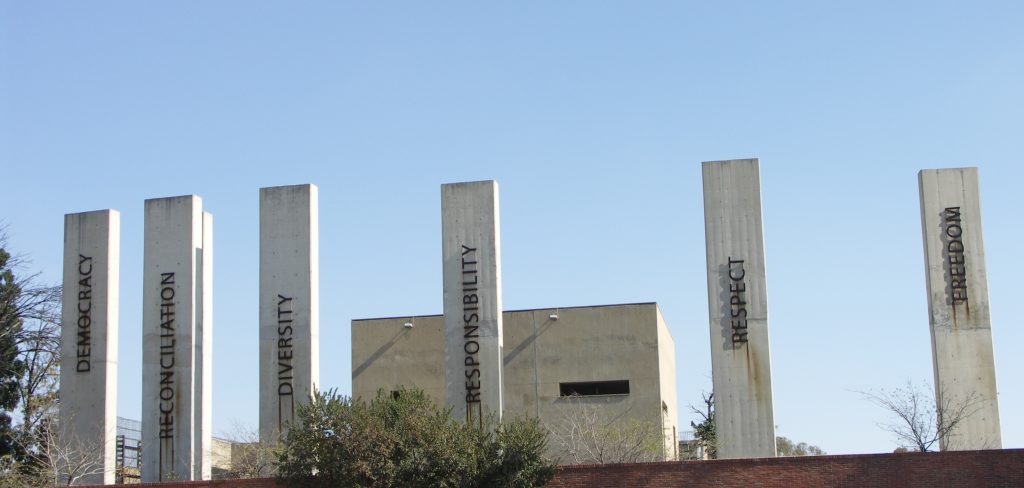
11. A Thriving Tourism Industry: Showcasing Diversity
Post-apartheid South Africa has seen a remarkable transformation in its tourism sector. The country’s rich cultural heritage, diverse landscapes, and wildlife have made it a top destination for travelers worldwide. Attractions such as the Apartheid Museum, Robben Island, and various national parks offer visitors insights into the nation’s complex history and natural beauty. Events like the 2010 FIFA World Cup further elevated South Africa’s profile, leading to increased tourist arrivals and economic growth. Today, tourism plays a vital role in the country’s economy, contributing significantly to GDP and employment.
Subscribe to our Newsletter
Stay updated with the latest trends in African Pop Culture!


